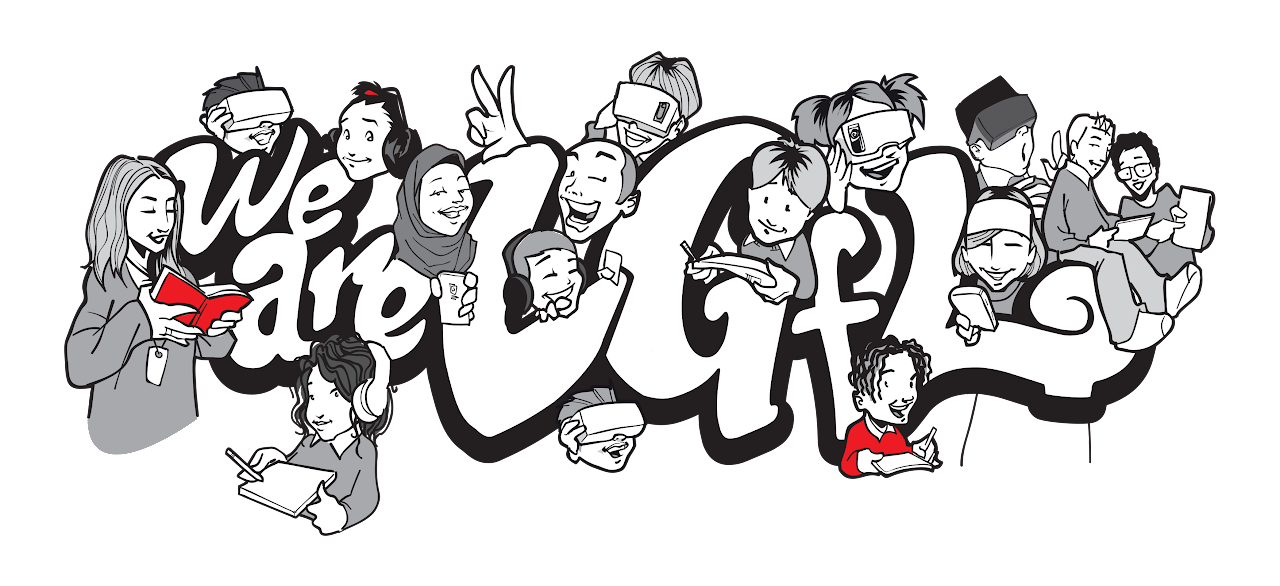Teaching
Effective Strategies to Support Adverse Childhood Experiences (ACEs) in Education
Explore the impact of Adverse Childhood Experiences (ACEs) on students and discover strategies to support their wellbeing. Learn trauma-informed practices, resilience-building techniques, and create a compassionate school environment. Empower yourself to nurture students with ACEs and help them thrive despite past adversity.
What are ACEs?
'ACEs stand for Adverse Childhood Experiences.
These are traumatic or distressing events that children may experience during their formative years. ACEs encompass a range of experiences, including physical, emotional, or sexual abuse, neglect, household dysfunction like substance abuse, mental illness, domestic violence, parental separation or divorce, or having a family member incarcerated.'
What potential impact can ACEs have on life and learning outcomes?
'ACEs can lead to lower educational attainment and employment opportunities, contributing to economic disparities in adulthood.
Without intervention, individuals who experienced ACEs might unknowingly perpetuate cycles of trauma by passing adverse experiences onto their own children.
While ACEs have negative effects, some individuals develop resilience and coping skills that help them navigate challenges effectively.'
Case Study - Introduction to the Learning Space Redesign
'We have significant impacts of trauma and ACE (Adverse Child Experiences) in the school. And we wanted to create an environment that really supported children to feel safe, to feel supported no matter what their needs were, and to feel as if they mattered and were included when they came to school. So we worked actually with an organisation called TPC Therapy, who really focuses on therapeutic approaches to supporting children from their attachment and trauma difficulties, to design these spaces in a way that supported those children to have comfortable seating, to feel that they were able to sit and be calm and access their learning throughout the day as calmly as possible and as safely as possible. So that's what we've done.
Marie Beale - Deputy Headteacher
Whitefield Primary School had an opportunity to redesign the learning space for its two Year 6 classrooms. After discussions, they sought specialist advice on how to design a room around the needs of the learner, rather than the institution.
The results have been positive for both learners and teachers. This case study explores the complex interrelationship between furniture, pedagogy, technology and other environmental factors such as lighting, textures and spaces to work. Click the button below to watch further case study videos.

